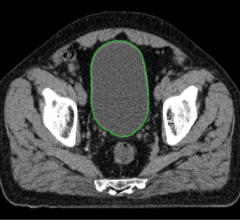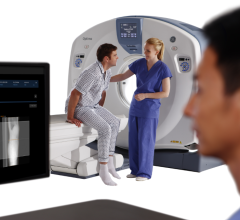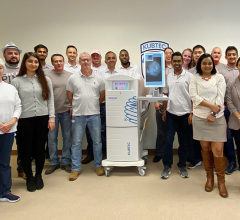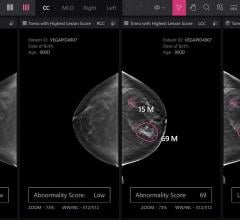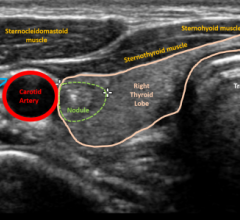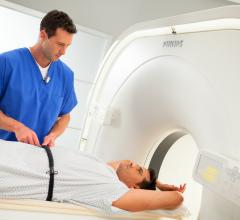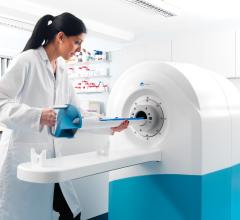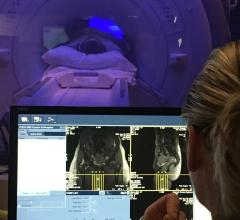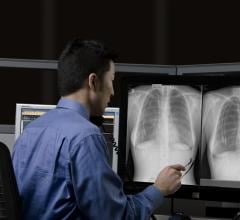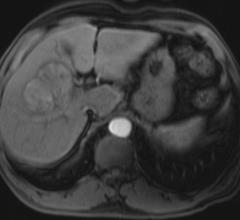November 7, 2019 — A new imaging technique to track maternal blood flow to the placenta has the potential to help ...
In response to customer feedback, Carestream has further developed the DRX-Revolution Mobile X-ray System with an ...
November 7, 2019 — Mirada Medical, a global leader in artificial intelligence (AI) software for the treatment of cancer ...
Radiology departments have many different needs and face a wide variety of challenges that can impact their departments ...
November 6, 2019 — Carestream’s new Focus 35C Detector with Image Suite Software offers healthcare providers a cost ...
November 6, 2019 — The vacancy rate for radiographers increased to 8.5 percent in 2019, according to the ASRT Radiologic ...
November 6, 2019 — The Connecticut Technology Council (CTC) and Marcum LLP announced Kubtec has made the Marcum Tech Top ...
Despite decades of progress in breast imaging, one challenge continues to test even the most skilled radiologists ...
November 6, 2019 — Radiology: Cardiothoracic Imaging has published a special report on lung injury resulting from the ...
November 6, 2019 — Thyroid nodules are small lumps that form within the thyroid gland and are quite common in the ...
November 5, 2019 — Philips announced the key findings of its Radiology Staff in Focus study. This new research sheds ...
Bayer Radiology’s Barbara Ruhland and Thom Kinst discuss how radiology departments can address the many different ...
November 5, 2019 — Philips Medical System is recalling the Forte Gamma Camera System due to the potential for the 660 ...
November 5, 2019 — Environmental impact is becoming a significant factor in the selection of suppliers even in ...
November 4, 2019 — Traditional image-guided procedures remained restricted to the limitation of physicians referring to ...
eHealth Saskatchewan plays a vital role in providing IT services to patients, health care providers, and partners such ...
November 4, 2019 – Detection Technology, a global leader in X-ray detector solutions, has been awarded the ISO 13485 ...
November 4, 2019 – Two new studies support and inform the use of proton radiation therapy to treat patients with ...
November 4, 2019 – Carestream will introduce a three-dimensional extension of general radiography through its Digital ...
November 4, 2019 – The U.S. Food and Drug Administration (FDA) has approved Clariscan, a macrocyclic, ionic, gadolinium ...
November 1, 2019 — When the world’s largest radiologic science association wanted to spread the word about the dedicated ...
November 1, 2019 — At RSNA 2019, Sectra will showcase its complete enterprise imaging offering — including the latest ...
November 1, 2019 — The American Society for Radiation Oncology (ASTRO) today expressed strong support for the nomination ...
November 1, 2019 — XACT Robotics Ltd. announced that its first robotic system was cleared to market in the U.S. by the ...


 November 07, 2019
November 07, 2019 

